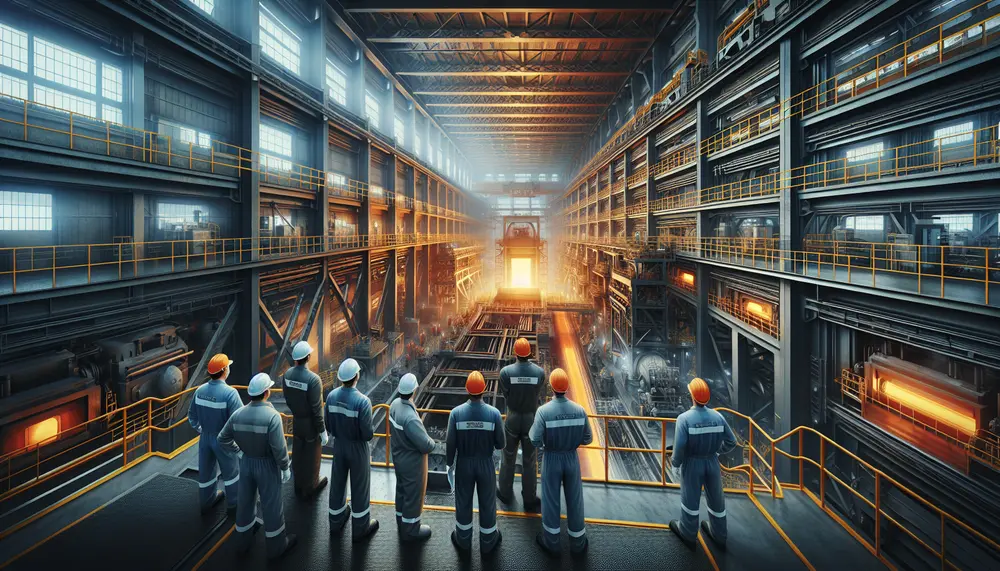The Influence of Geopolitical Events on the Steel Industry
In the ever-evolving landscape of global industries, few are as profoundly influenced by geopolitical events as the steel industry. Geopolitical factors—ranging from trade policies and tariffs to diplomatic relations and economic sanctions—can send ripples through steel markets worldwide, impacting everything from production costs to market demand and pricing dynamics. Understanding these dynamics is crucial for stakeholders across the steel supply chain, from manufacturers and suppliers to consumers and investors.
The Impact of Trade Policies and Tariffs
Trade policies and tariffs are among the most direct geopolitical factors influencing the steel industry. These measures can be implemented to protect domestic producers, retaliate against unfair trade practices, or achieve broader economic and political objectives. For instance, tariffs on steel imports can shield domestic producers from foreign competition, thereby supporting local industry growth but potentially raising costs for downstream users and consumers.
Diplomatic Relations and Supply Chain Stability
Diplomatic relations play a pivotal role in ensuring the stability of the steel supply chain. Disputes or disruptions in diplomatic ties between major steel-producing or consuming nations can disrupt supply chains, leading to uncertainties in raw material supply, manufacturing capabilities, and market access. This instability can lead to price volatility and supply shortages, affecting both producers and consumers alike.
Economic Sanctions and Market Exclusions
Economic sanctions imposed on steel-producing nations can have far-reaching consequences for global steel markets. These sanctions, often imposed for political reasons such as human rights violations or national security concerns, can restrict access to key markets or resources, thereby altering supply dynamics and market competitiveness. Such exclusions can force affected nations to seek alternative markets or adjust production strategies, impacting global supply and pricing structures.
Case Study: Impact of US-China Trade Tensions
| Aspect | Impact on Steel Industry |
|---|---|
| Tariffs Imposed | Disruption of traditional trade flows, leading to shifts in global steel pricing. |
| Alternative Supply Chains | Investment in new supply chains outside the influence of tariffs. |
| Market Volatility | Increased price volatility and altered trade patterns. |
Strategic Responses and Adaptation
In response to geopolitical uncertainties, stakeholders in the steel industry must adopt strategic responses to mitigate risks and capitalize on emerging opportunities. This may include diversifying supply chains, investing in technology to enhance operational efficiency, and engaging in proactive advocacy and diplomacy to influence policy outcomes. Additionally, adopting agile business models that can swiftly adapt to changing geopolitical landscapes is crucial for long-term sustainability and growth.
Future Outlook and Strategic Imperatives
Looking ahead, geopolitical events will continue to play a defining role in shaping the steel industry’s future. As global economies become increasingly interconnected, stakeholders must remain vigilant and proactive in understanding and navigating geopolitical risks. Collaboration across sectors and nations, supported by data-driven insights and predictive analytics, will be essential in developing resilient strategies that can withstand geopolitical shocks while fostering innovation and growth.
Geopolitical events wield considerable influence over the steel industry, shaping market dynamics, supply chains, and strategic decision-making. By understanding these influences and adopting proactive strategies, stakeholders can navigate geopolitical uncertainties and harness opportunities for sustainable growth. As the steel industry continues to evolve amidst a complex geopolitical landscape, adaptation and strategic foresight will be critical in maintaining competitiveness and resilience.





